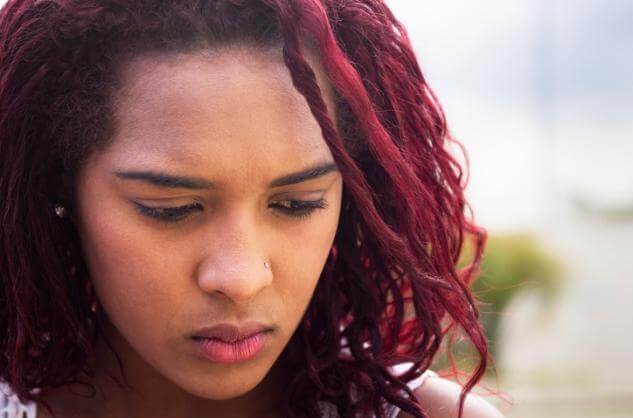By Meena Kumari, domestic and sexual violence lead at Victim Support
Today would have been Shafilea Ahmed’s 31st birthday but, unfortunately, she isn’t here to celebrate it. She was murdered by her parents 14 years ago in a so-called ‘honour killing’.
The National Day of Memory for Victims of Honour Killings takes place each year on 14 July to remember Shafilea and other victims of ‘honour-based’ violence in the UK.
Supporting victims of ‘honour-based’ violence and abuse is something that has been very close to my heart. When I started in the domestic abuse sector 13 years ago, my very first client told me her family would kill her if she ever brought shame on her family or if she did not uphold her family honour.
‘Honour-based’ violence is the infliction of violence predominantly upon women who are deemed to have brought shame and dishonour upon their family for reasons usually involving their sexual behaviour (Mohammad Mazher Idriss, 2017).
There has been increased recognition and awareness of ‘honour’ violence and killings in the UK in the last decade, following high-profile criminal prosecutions. Tulay Goren, Heshu Yones, Banaz Mahmod and Shafilea Ahmed were all young Muslim women killed by (primarily) male figures for supposedly acting in too ‘western’ a manner and for engaging in relationships outside marriage (Mohammad Mazher Idriss, 2017).
According to police figures, there were 7,048 reports of ‘honour-based’ violence in the UK between January 2011 and August 2016, with the Metropolitan Police handling almost a third of those reports.
‘Honour-based’ violence is a patriarchal form of violence and relates to male domination over women (Reddy, 2014). It is a way of policing the behaviour of women and their sexual autonomy, thereby allowing men to exercise control (Ortner, 1978).
Some of the behaviours viewed as ‘dishonourable’ or deemed to bring ‘shame’ and ‘dishonour’ on the individual, their family and their community, include:
- defying parental authority
- ‘westernised’ dress, behaviour or attitudes
- sex before marriage or extra-marital affairs
- being in a relationship that hasn’t been ‘approved’
- rejecting a forced or arranged marriage
- leaving a partner
- seeking divorce, particularly when a dowry may be large
- rumours and gossip.
‘Honour-based’ abuse is still very under-reported and this remains a big challenge. Victims may be more inclined to report to a close friend or a relative they trust, but there are organisations, like Victim Support, who can provide free and confidential support to anyone affected.
Over the last year, we’ve offered help to 91,000 people affected by domestic abuse, some of whom will be victims of ‘honour-based’ violence. Our services are tailored and staff are trained to work with women and men who have been victims of this horrific form of abuse.
We’re also working with agencies such as Karma Nirvana, the Iranian and Kurdish Women’s Rights Organisation, and the Forced Marriage Unit. Multi-agency working is crucial, and religion or culture is no excuse for these forms of abuse.
Today (Friday 14 July), we’ll be supporting Karma Nirvana at a remembrance event in Leeds. You can follow the event on Twitter using the hashtags #DayOfMemory and #WeRemember.
If you or someone you know has been affected by so-called ‘honour-based’ violence, contact Victim Support for free and confidential support.
You can also contact the Forced Marriage Unit if you’re trying to stop or leave a forced marriage.
Further reading
In May, one of our senior Independent Domestic Violence Advisors (IDVAs), Tina Cicotto, wrote about her experience of supporting victims of so-called ‘honour-based’ violence in Tower Hamlets, London.

